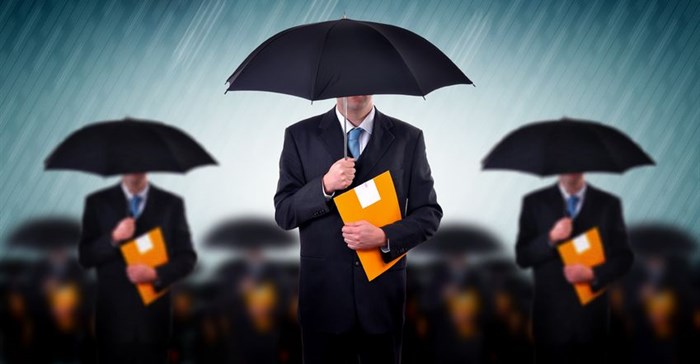It’s just a month into the New Year and already South Africa has experienced an explosion of racism in various corporate entities ranging from the private to the public sectors.
It is no doubt that these organisations have seen their corporate communication divisions engulfed in crisis communication management practices which have been exacerbated by the various social media platforms.
Exacerbated because there have been at least five high-profile sackings as a result of the pressures placed by social media on corporate entities in SA and it has proved that even government employees and departments are not immune to the backlash.
We saw how Penny Sparrow, a former estate agent from Jawitz Properties was taken to task over her racial comments on social media as well as the sacking of Chris Hart from Standard Bank and Gareth Cliff’s contractual termination from Idols SA by M-Net. Even government was dragged into the digital fracas as Velaphi Khumalo, an employee of the Gauteng Department of Sports and Recreation received the boot for calling on whites in SA to be exterminated like the Jews in the Holocaust.
It is therefore important to highlight the role of crisis communication and reputation management in the events that have transpired over the last three-and-a-half weeks in some corporate in SA. The key question then is how do we implement crisis communication in the wake of what has transpired, because it is evident that there are instances where crisis communication plans are not being put in place adequately as far as dealing with social media backlash is concerned.

A crisis can spur in a second and spread like wildfire, largely because of the ability of millions of people to access social media and different platforms. In 2016, many have access to smart phones tablets and laptops which has made it easier to connect with one another and form communities online.
With social media there is a need to be more vigilant and it doesn’t mean that by having a crisis communication plan one can prevent a crisis from happening. However, having one can at least prepare you to put certain procedures in place so you can know how to deal with it.
The importance of having a solid communication plan means that you are in a position to manage the damage as well as the reputation of the individual or company. When measuring the current state of affairs, one can safely conclude that there has been a severe effect on government’s and some of the major corporate’s reputations as a result of racism issues that have been allegedly perpetuated by individuals who are employed in these entities.
The reality of it is that companies cannot pretend as if these crises did not occur as these are issues that are a cancer on the social fabric of our society. There are many instances where companies shut down and refuse to comment on critical issues, which worsens the situation.
One cannot simply shut down, but with a comprehensive crisis communication plan even a crisis can be used as an opportunity to change the game and the way in which a company is perceived by the public, especially in the midst of powerful social media platforms that make or break a company or an individual’s reputation.
In dealing effectively with crisis communication, it is vital to engage and ensure that the various parties involved are aware that you are taking action. However, as always it does depend on the nature of the crisis, but the audience needs understand the course of action be it to investigate, terminate or counsel the individuals concerned.
It is also imperative that these engagements are done quickly and offline rather than deal with it in a public environment. For example, if it’s a crisis like a fire at a factory, a collapse of a building or a major road accident it is important to keep everyone included all the time in the updates.
If it’s issues around racism, then the key course of action would be to highlight that businesses do not get themselves involved in racism or racial statements. It’s the individuals involved which is one of the reasons why companies should be monitoring individuals and what they are saying about their business. Also, companies should not be using their employees’ social media platforms to promote their own businesses.
Social media is a very volatile environment and a burgeoning communication tool at the same time where people, government and companies promote their businesses and talk about their products and experiences. Companies that are still not engaging themselves on social media doing an injustice because people look at social media platforms online to see how companies are perceived.
In addition, from an individual perspective, it is important that you do not communicate in a public platform if you do not want the company to know what you are doing. You cannot stop people from following or watching you and seeing what you doing.
